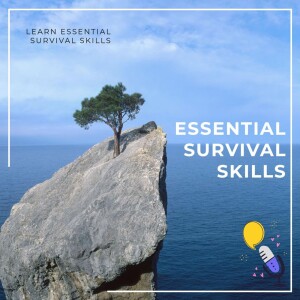

Episode List

Can bubble-hopping make us better people?
Can stepping out of our own little bubble make us better or at least more accepting people? To bubble-hop is to meet and connect with people whose backgrounds, knowledge, opinions, or beliefs differ from our own. In today’s episode of Sound Economy we speak to Emma Stenström, Associate Professor at the Stockholm School of Economics, about her research on bubble-hopping. She believes that in today’s polarized society, bubble-hopping can serve to bridge divides between people.
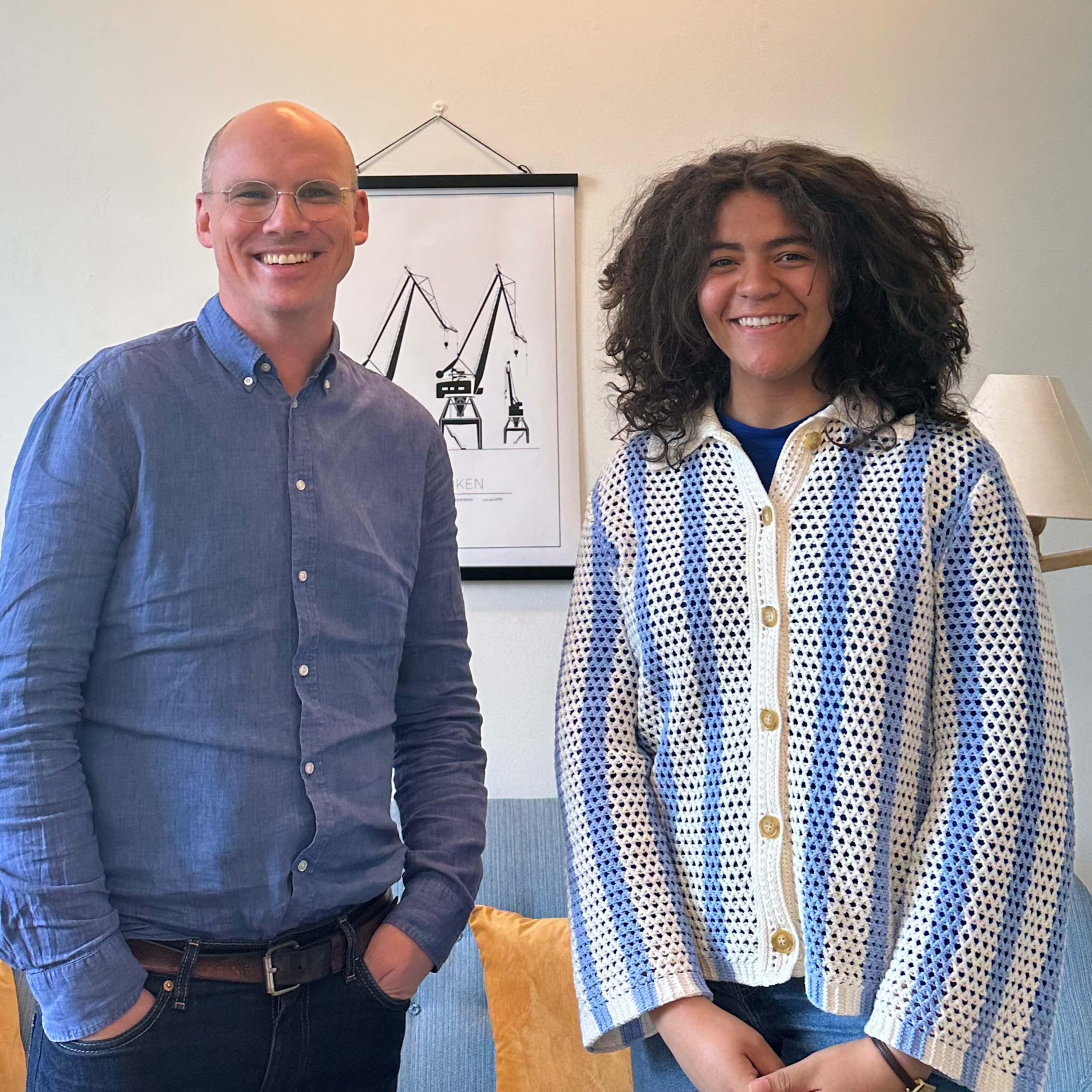
Does wealth make you happier and healthier?
Does wealth make you happier and healthier? What lifestyle changes do people make when faced with a sudden increase in wealth? In this episode of Sound Economy, host Emma Johnson speaks to Professor Robert Östling about his journey to become an economist (rather than a bus driver), his research on Swedish lottery winners, and about the joys and frustrations of the academic field of Economics.
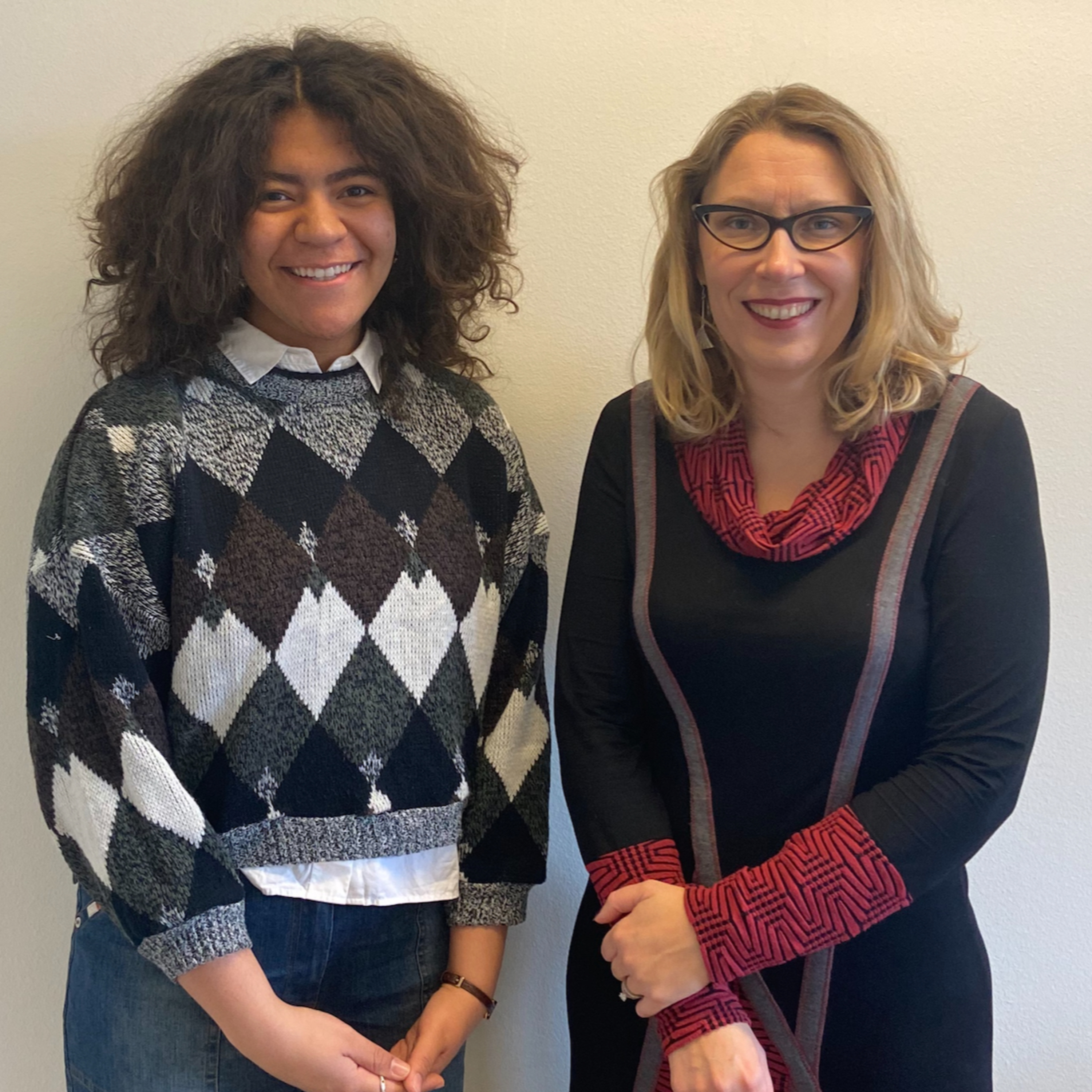
Policies for an aging population
Increasing life expectancy and a lower birth-rate means the world’s population is aging rapidly. The demographic shift in the ratio between old-age and work-age means new policies to provide for the retired need to be considered. But what policies and changes will have the best outcome for what countries? Professor Johanna Wallenius talks about her research on retirement policies using dynamic structural life models that allow researchers to simulate the effects of, for instance, raising the retirement age. Host: Emma Summer Johnson.
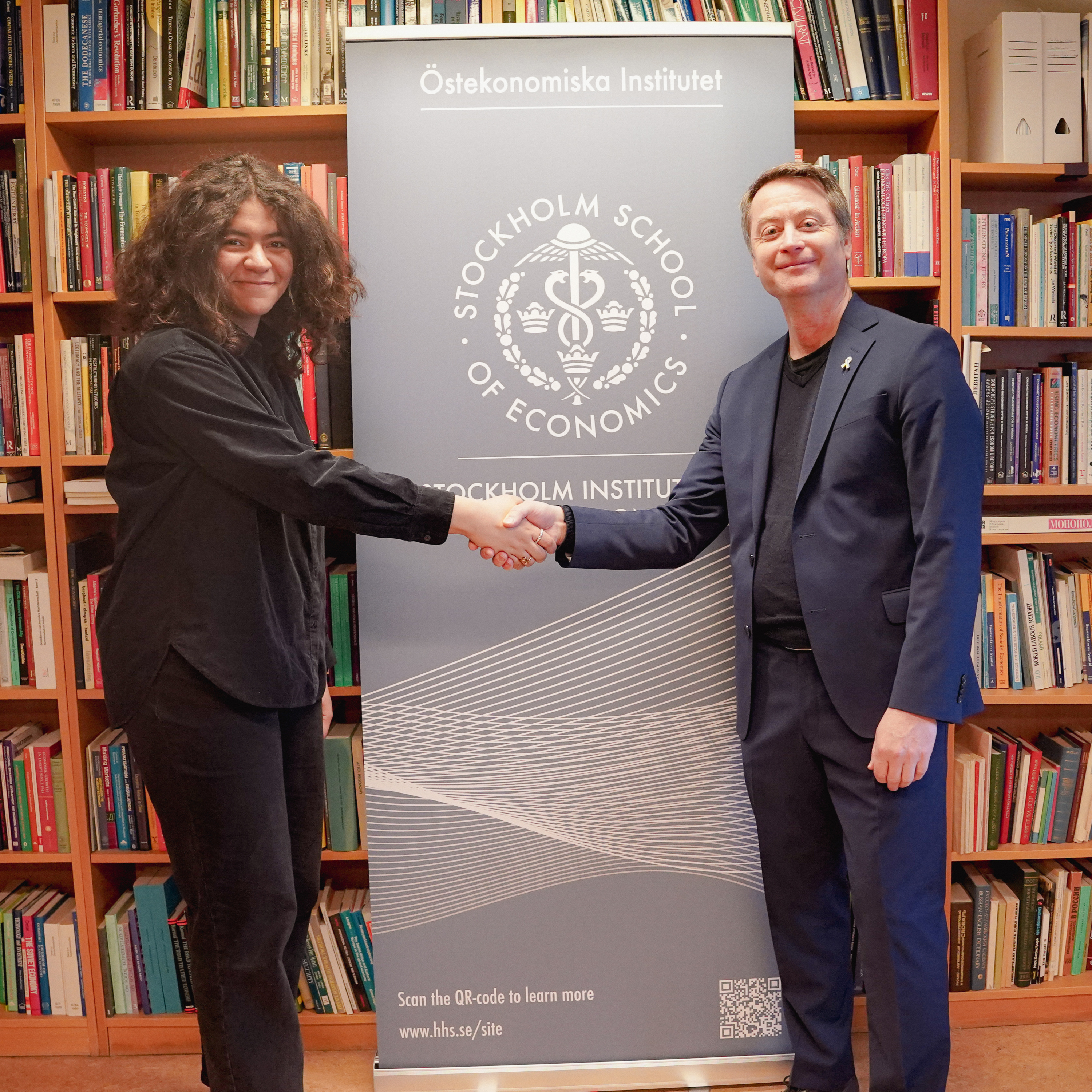
A blueprint for the reconstruction of Ukraine
What is the relationship between academics and policy makers, especially in a time of crises? What can we do to support Ukraine? And what is needed for a successful reconstruction of a country devastated by war? Director of SITE, Torbjörn Becker joins the Sound Economy podcast to discuss his most recent research on macroeconomic policies and a blueprint for the reconstruction of Ukraine. Host: Emma Summer Johnson. This episode was recorded in February, 2023.
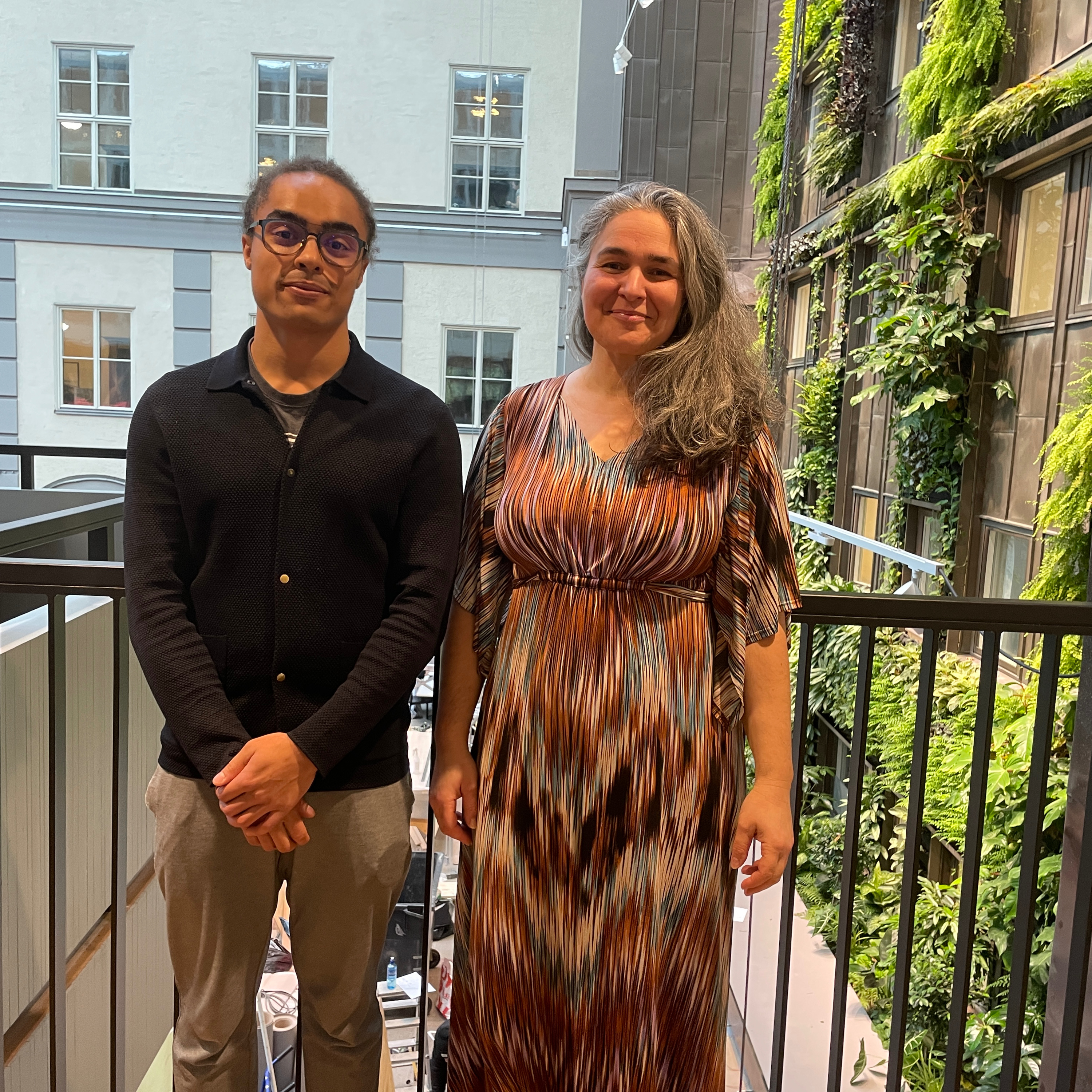
Under-employing skilled migrants and the case of benevolent discrimination
Why do highly skilled migrants encounter difficulties getting a skilled job? And at what point does being benevolent become discrimination? Professor Laurence Romani visits the podcast Sound Economy to talk about her research on skilled migrants in the workplace and cultural norms and practices that cause companies to miss out on talent on the job market. Host: Victor White
Create Your Podcast In Minutes
- Full-featured podcast site
- Unlimited storage and bandwidth
- Comprehensive podcast stats
- Distribute to Apple Podcasts, Spotify, and more
- Make money with your podcast


